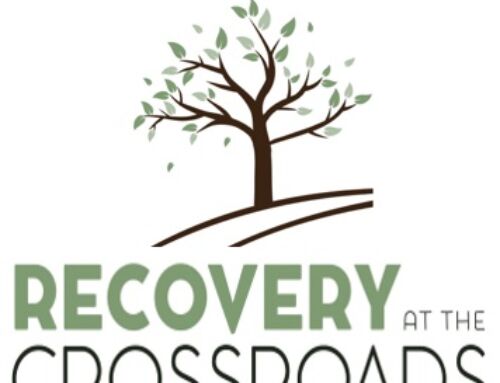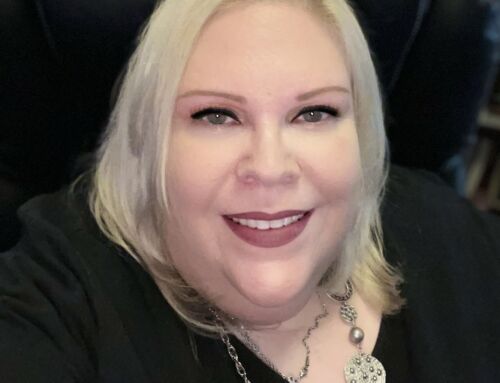Dual diagnosis cases are more complicated than traditional mental health problems or substance use disorders. If you’ve been told you have a dual diagnosis, you may feel confused or overwhelmed. However, the mental health services administration says this is a prevalent diagnosis. A thorough understanding of what this diagnosis means and the type of help you can receive is crucial to obtaining the proper treatment.
Addiction and Dual Diagnosis Statistics
One in five American adults will experience a mental health condition each year, with one in 20 experiencing severe mental illnesses. Although only about 10% are seeking treatment (or will seek it), nearly 21 million Americans have at least one addiction.
The most commonly abused substances in New Jersey are alcohol, cocaine, heroin and other opioids. Reporting by The Department of Human Services outlines a steady rise in drug use/abuse, entrance for rehabilitation care and a rise in mental health disorders. More notably, the rise of women being diagnosed with dual diagnosis treatment has risen 53% from 2015 – 2020.
What Is Dual Diagnosis?
A dual diagnosis is when someone has both a substance abuse problem and a mental health disorder. Some of the mental disorders seen in dual diagnosis include:
- Bipolar disorder
- Post-traumatic stress disorder
- Generalized anxiety disorder
- Borderline personality disorder
- Obsessive-compulsive disorder
- Major depressive disorder
- Social anxiety disorder
- Panic disorder
This isn’t an all-inclusive list. Other mental health conditions can appear as co-occurring disorders with substance abuse problems. For example, people with attention deficit hyperactivity disorder (ADHD) and eating disorders may also be at an increased risk of developing a substance use disorder.
The substances abused vary but can include any form of alcohol or drug abuse. People may use cocaine, methamphetamine, heroin, prescription medications or another substance.
Why Is Dual Diagnosis So Common?
More than nine million people in the United States qualify for a dual diagnosis. These same statistics show that men make up more than half of dual diagnosis patients. This is because addiction and mental health are intricately connected. In most cases, addiction can affect your mental health. In many cases, mental health disorders can lead to addiction.
How Addiction Can Affect Mental Health
Addictive substances often have mind-altering effects that, over long periods, can lead to mental illness. For example, someone who’s used hallucinogens for extended periods could develop schizophrenia. A person who regularly uses uppers may eventually find it challenging to concentrate and otherwise show the symptoms of ADHD. People with a substance use disorder are generally at an increased risk of developing a mental health disorder.
How Mental Disorders Can Lead to Addiction
Untreated mental illness can be a difficult thing to live with. Unfortunately, many people don’t have the health insurance, community support or understanding of their mental illness required to seek professional assistance. While professional help for a psychiatric disorder may be difficult for some, access to alcohol or drugs isn’t. These substances are widely available in many areas.
Co-occurring disorders most often happen when a person with a mental disorder seeks self-medication to cope with their symptoms. Unfortunately, drug abuse (as mentioned above) can lead to even more severe mental illness in those with existing problems.
You may have begun your substance use to self-treat a mental disorder. However, over time, your mental disorders become worse because of the mind-altering effects of the substance. This leads you to heavier substance use, making your mental illnesses worse. It’s a vicious cycle that’s challenging to break on your own.
How Recovery at the Crossroads Can Help
Recovery at the Crossroads is a leading alcohol and drug rehab in Blackwood, NJ. Just minutes from Camden, Cherry Hill Township and Woodbury, we focus on addressing the root of addiction and how it aligns with mental health elements.. Our center can provide mental health services and treatment for substance use disorders explicitly targeted toward those in the Jewish community and the challenges they face. And with women steadily rising statistically for substance abuse disorders, finding a place where you feel accepted and understood is critical, and why we can address things, like past trauma.
We provide a relaxing atmosphere where you can focus on their recovery without outside stressors. While staying in our comfortable settings, you’ll have access to all the support and assistance you need to manage your co-occurring disorders successfully.
Recovery Depends on Treating Both Conditions
Dual diagnosis treatment requires a program that focuses on both overcoming drug or alcohol abuse and receiving mental health treatment. Many people who relapse after staying at addiction treatment centers do so because they haven’t received help for the co-occurring disorder. Naturally, when symptoms of the mental health problem arise again, many return to self-medication.
Treating a mental illness usually requires a combination of therapy and medication. You may find cognitive behavioral therapy and group therapy particularly useful, while many also benefit from mental awareness support groups and family therapy sessions. The medications used will vary based on the mental health condition you have. It’s important to understand that some mental health medications have the potential to be addictive. These might not be the best option for you if you’re already battling a drug or alcohol addiction.
Get Help for Your Mental Health and Substance Abuse Today
If you or a loved one needs professional help for substance use disorders or co-occurring mental health issues, we’re here to help. We can provide quality dual diagnosis treatment that manages psychiatric symptoms and provides addiction treatment.
Call us today at (888) 342-3881 to find out how we can help you. You can also fill out our online contact form and someone will get back to you as soon as possible.



